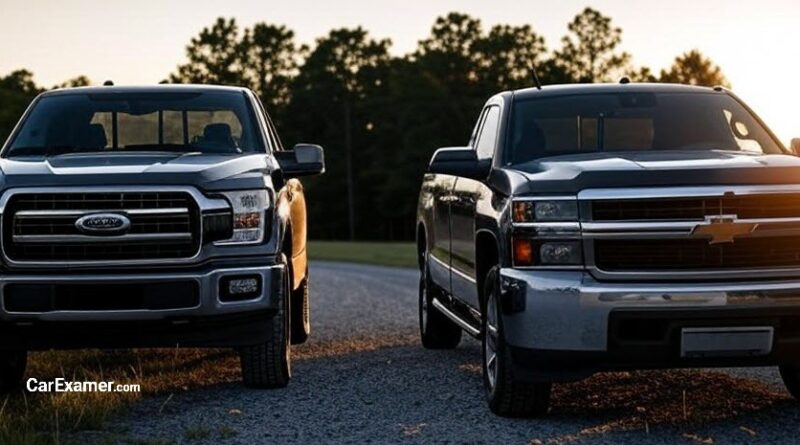Trump Demands More American Cars in Tokyo and London
Donald Trump is once again making headlines by demanding that more American pickup trucks be seen on the roads of Tokyo and London. In a recent campaign speech, the former US President criticised foreign trade barriers and claimed that iconic American vehicles like the Ford F-150 and Chevrolet Silverado are being kept out of key markets due to unfair regulations. While the image of a full-size American pickup rolling through central London or squeezing through Tokyo’s narrow streets may sound unrealistic, this statement ties into bigger issues like trade policy, emissions rules, and national pride in manufacturing. Why is Trump demands more American cars in those countries let’s look in to it.
What Is Trump Really Saying?
Trump’s core argument is that countries like Japan and the UK benefit from selling their cars in the US but make it hard for American-made vehicles to succeed in their markets. He said:
“You can’t find a Ford pickup in Tokyo. You can’t find a Chevy in London. It’s time to change that.”
The message is clear. Trump wants to see a trade system where American vehicles have the same market access abroad as foreign brands enjoy in the US.
Why Don’t You See Many American Pickups in London or Tokyo?
1. Size Matters
Full-size pickups like the Ford F-150, Chevrolet Silverado and Ram 1500 are huge. In cities like Tokyo and London, they are often too wide for local roads and far too long for tight parking spots.
2. Emissions and Safety Rules
The UK and Japan have much stricter emissions regulations. Many American pickups fail to meet these standards without modification. This applies especially to petrol and diesel trucks without hybrid or electric options.
3. High Costs and Taxes
Importing a large American truck into the UK or Japan comes with major costs. These include shipping, import duties, emissions penalties and high insurance premiums.
4. Local Preferences
In Japan, small kei cars and hybrids dominate. In the UK, drivers prefer hatchbacks, crossovers and estate cars. Pickups are mostly used for commercial or agricultural work, not as daily drivers.
Could Trump’s Idea Work?
Only with big changes. For American pickups to become more common in places like London or Tokyo, manufacturers would need to:
- Build smaller or hybrid models
- Comply with local emissions and crash standards
- Reduce import costs through trade deals
- Market pickups for both commercial and lifestyle use
One successful example is the Ford Ranger. It’s a mid-size pickup that sells well in Europe, Australia and Asia. But bigger models like the F-150 are still too large for many foreign markets.
How Have Japan and the UK Responded?
There’s been no official response yet. Most experts believe Trump’s comments are aimed at US voters, not foreign governments. They help him appeal to American auto workers and factory states.
In the UK, American pickups are seen as niche imports. In Japan, full-size US trucks are so rare that they usually require special registration or modification to meet road laws.
The Bigger Picture
Trump’s call for more American pickups abroad highlights a real frustration. The US auto market is filled with foreign cars, but many American brands struggle to gain ground overseas. Whether this is due to trade barriers or market realities is up for debate.
Either way, the issue touches on bigger trade conversations. If Trump returns to office, he may push for new deals that give American carmakers a stronger foothold overseas.
Final Thoughts
The chances of seeing rows of Ram 1500s lined up in Tokyo or Ford F-150s squeezing through Soho are slim. But the conversation reflects something deeper. It’s about fairness in trade, the identity of American manufacturing, and the role of the pickup truck as a symbol of US industry.
Whether or not global cities embrace American pickups, the pressure for fairer automotive trade is not going away any time soon.
Buying a used VW. Buying used vauxhall, BMW, Jaguar, Ford, Volvo, Range rover, Bentley, Aston Martin, Porsche, Ferrari, Lamborghini, Maserati, Hyundai, Tesla, Honda, Pagani

